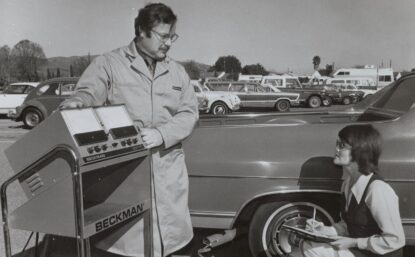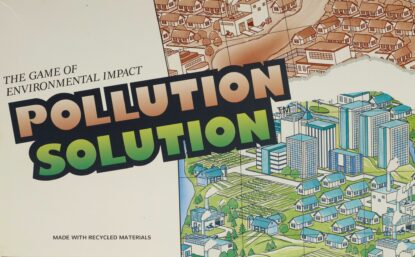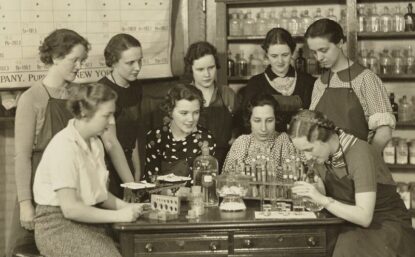Alchemists & Early Scientists
Before there was chemistry, there was chymistry, and before there was chymistry, there was alchemy—all part of a long human history of curiosity, experimentation, and discovery about the natural and material world.
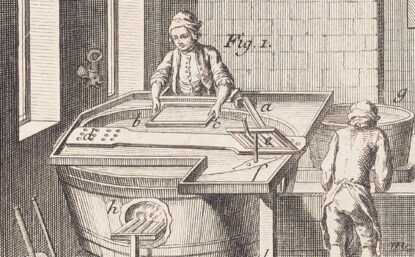
DISTILLATIONS MAGAZINE
Chasing the Clues in Isaac Newton’s Manuscripts
The tricks and tools book sleuths use to date the undated.
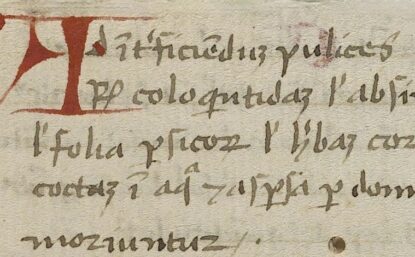
DIGITAL COLLECTIONS
Alchemy Collection
Selected manuscripts, rare books, paintings, and ephemera relating to alchemical topics and experimentation.
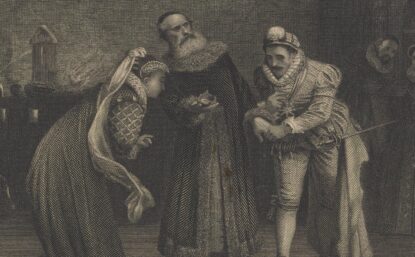
DISTILLATIONS MAGAZINE
Dr. Butler and the Quest for the Philosophers’ Stone
How searching for alchemy’s secrets helped create modern science.
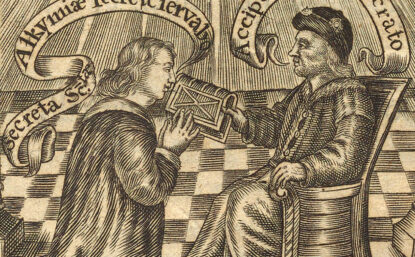
EXHIBITIONS
The Whole of Nature and the Mirror of Art
View photo reproductions of engravings from 17th-century alchemical books.
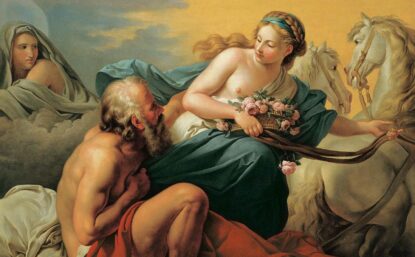
DISTILLATIONS PODCAST
Chasing Immortality
Since humans have been living—and inevitably dying—we’ve also been trying to figure out how not to die.
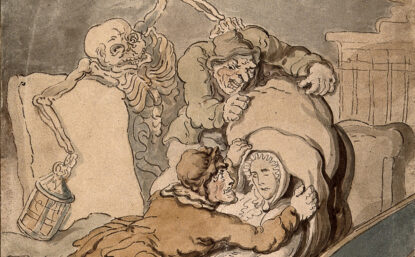
DISTILLATIONS MAGAZINE
The Anatomy Riot of 1788
When New York’s poor revolted against the city’s grave-robbing medical establishment.
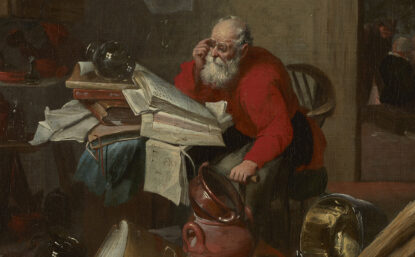
DIGITAL EXHIBITIONS
Age of Alchemy
Experience an era stranger than fiction and more curious than myth.
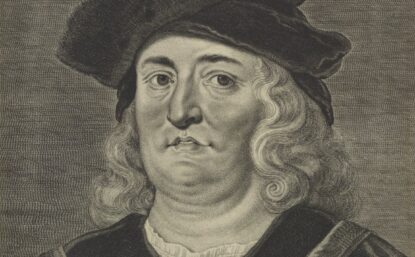
DISTILLATIONS MAGAZINE
Paracelsus, the Alchemist Who Wed Medicine to Magic
Historian Bruce Moran reveals the life of an itinerant doctor whose work influenced modern science.
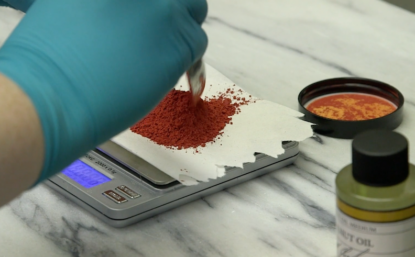
DISTILLATIONS VIDEO
Making and Knowing (Fake) Coral
Watch historians re-create a recipe for imitation coral, a popular material in early modern jewelry and home décor.

